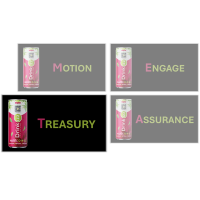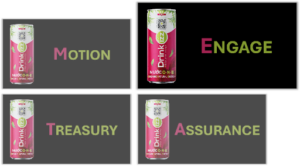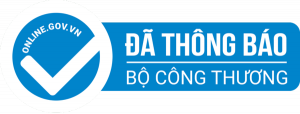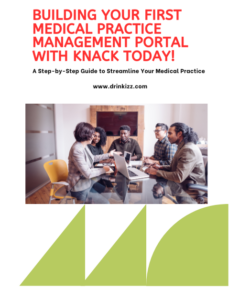
In this blog post, we will explore the fourth and final element, Assurance, within the META-Entrepreneur universe, which pertains to the legal aspects of a business. In previous blog posts, I shared my vision on the other three elements: Motion, which clarifies the purpose of starting a new business; Engagement, which outlines the essential actions to avoid failure; and Treasury, which focuses on financial planning and money management.
These four elements form the acronym META, derived from the Greek prefix meaning to take a step back and view the overall context in which we aim to operate.
I emphasize once again that analysis is not a waste of time when done properly. With the META-Entrepreneur approach, analysis does not paralyze but rather catalyzes the entrepreneur, guiding them towards success. I advise against the trial-and-error method, which reduces action to mere attempts followed by corrections of failures. Instead, I believe it is better to avoid mistakes and that we learn more from our successes than from our failures. Naturally, be anti-fragile and turn your failures into strengths to bounce back better. However, you would agree that spending your entire life attempting and failing without succeeding is not an option. Escaping this vicious cycle of trial and error requires a strategic plan, deep reflection, analysis, in short, taking a step back as I advocate with the META-Entrepreneur approach.
With the elements Motion, Engagement, and Treasury, you will create a solid foundation to become a META-Entrepreneur. In previous blog posts, I explained how Drinkizz is built with this philosophy. However, the fourth element, Assurance, is missing, which I will now introduce.
The Assurance Element of the META-Entrepreneur
What good is creating value with your business if it is not legally protected? Let’s take an example of a software startup. Even before the legal establishment of the company, one of the co-founders developed an innovative algorithm that will serve as a springboard for the software built by this young company. The company is then legally established, and the software development is based on this innovative algorithm. Do you see the legal flaw? Without a written agreement from the co-founder to transfer the intellectual property of his innovative algorithm to the company, all development based on it does not belong to the company! Thus, at any moment, even several months or years after the company’s creation, this co-founder could unilaterally denounce all developments based on his algorithm. Therefore, at the time of the company’s legal formation, all intellectual property contributions from co-founders must be documented. In the case of a company like Drinkizz, this involves the beverage recipe. If this does not belong to the company, then all business value escapes the company.
This example illustrates the danger posed by legal defects, but they are far more numerous and subtle than just intellectual property. Although it is impossible to foresee everything in advance, it is better to document your governance rules with your co-founders through a shareholders’ agreement.
Obviously, spending time and money to draft a shareholders’ agreement at the creation of the company is not easy. Typically, co-founders do not consider it and focus on other seemingly more important issues. However, why start creating collective value if it can be destroyed at any moment due to a legal flaw? A single disagreement between partners on an important issue can lead to insoluble governance problems and drive the company to bankruptcy.
To help you draft this shareholders’ agreement quickly and at low cost from the inception of your business, the Assurance element of the META-Entrepreneur approach provides the points to address, which I will briefly summarize here and which we implement in the governance of Drinkizz:
- Issuing new shares process
- Share capital computation
- Nominal value of the share
- Economic value of the share
- Transfer of securities in the event of death or bankruptcy; case of a stock pledge agreement; founders’ loyalty clause; case of bringing shares into a personal holding company
- Drag-along rights
- Tag-along rights
- Non-compete clause
- Intellectual property
- Employee stock ownership
- Distribution of dividends
- Anti-dilution (ratchet)
- Liquidation preference
If you do not have a good understanding of all these terms, you should seek training, contact me, or consult my book META-Entrepreneur. If you are starting a company with co-founders and one or more of these clauses are not written into a shareholders’ agreement, you are taking a great risk of working for nothing.
SO, WHAT NEXT?
Stay tuned, as in the next post, I will discuss how to reach success in your work as an active employee.
You can also purchase my book, META-Entrepreneur, available in French, English, and Vietnamese, by visiting www.engage-meta.com.
Additionally, you can try the products from the startup Drinkizz, where my co-founders and I apply the principles of the META-Entrepreneur.
See you soon!”
Useful links
O.N.E Drink (Organic Natural Energy ) – Drinkizz Shop
Good Energy without delay!
Pierre Bonnet






